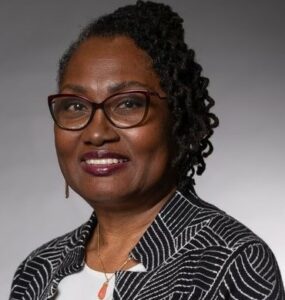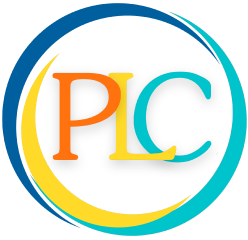SCROLL DOWN FOR WORKSHOP DESCRIPTION
 Denise Boston, PhD, RDT (Registered Drama Therapist) serves Howard County, Maryland as the Equity and Restorative Practices Manager. She is also adjunct faculty at Trinity-Washington University, equity leader and arts-based coach & consultant. Denise is former Professor of California institute of Integral Studies (CIIS) MA in Counseling Psychology, Expressive Arts Concentration and Dean of Diversity and Inclusion. Denise has 35+ years of experience working with diverse children and adults in fields of education, counseling psychology, organizational development, and community work. She has worked as a guest lecturer at Yonsei University in Seoul, Korea, and Zhejiang University in Hangzhou, China.
Denise Boston, PhD, RDT (Registered Drama Therapist) serves Howard County, Maryland as the Equity and Restorative Practices Manager. She is also adjunct faculty at Trinity-Washington University, equity leader and arts-based coach & consultant. Denise is former Professor of California institute of Integral Studies (CIIS) MA in Counseling Psychology, Expressive Arts Concentration and Dean of Diversity and Inclusion. Denise has 35+ years of experience working with diverse children and adults in fields of education, counseling psychology, organizational development, and community work. She has worked as a guest lecturer at Yonsei University in Seoul, Korea, and Zhejiang University in Hangzhou, China.
Denise’s interests include narrative and systemic expressive arts practices, African American community-defined practices, the exploration of African indigenous healing traditions, the role of expressive arts in leadership and restorative justices, and arts-based research methods.
NTU™ and the Tree of Life: A Narrative Community-Defined Arts Practice for Turbulent Times
This experiential presentation will give scholars/practitioners a concrete framework in the implementation of NTU™ and the Tree of Life a narrative and community-centered approach to respond to various forms of trauma and hardship. Tree of Life therapy addresses traumatic experiences, recognizes participants’ cultural differences, highlights individual skills, and aids in instilling both confidence and hope for the future.
Through lecture and creative experientials, participants will be able to articulate:
- at least two ways sensory, arts-based practices can “deepen” NTU™ and preferred individual and collective story development
- at least one reason why the narrative therapy approach, “low skill, high sensitivity,” is key to co-constructing the optimal environment for people to engage in collective narrative practices, regardless of whether or not they see themselves as “artists”
- at least one way the Tree of Life could be adapted for application in participants’ specific professional/community contexts.
